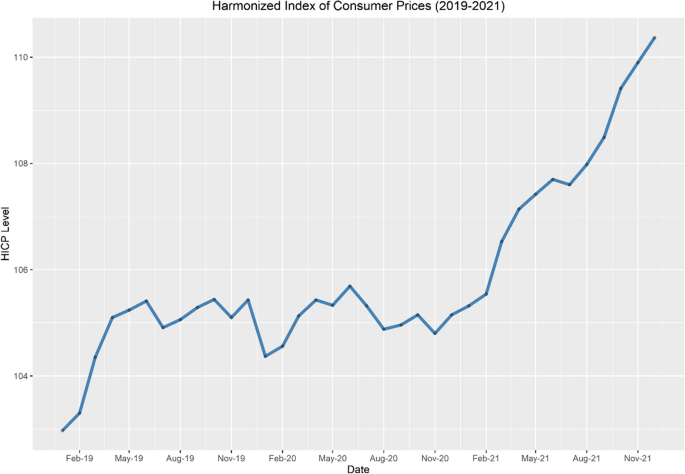
The Role of Central Banks in Forex Market Dynamics
Central banks are at the heart of the Forex market, acting as critical stabilizers of national economies through their monetary policies. These institutions wield a significant influence over currency valuations and market sentiment, making their actions vital for traders and investors alike. Understanding how central banks operate within the Forex landscape, their intervention strategies, and the broader implications for market participants can provide valuable insights into the complexities of currency trading.

Key Functions of Central Banks
-
Monetary Policy Implementation: Central banks adjust interest rates to control inflation and stabilize the economy. For instance, a rate hike typically strengthens the national currency, as higher interest rates attract foreign capital seeking better returns. Conversely, a rate cut may weaken the currency, potentially leading to increased inflation.
-
Market Intervention: Occasionally, central banks intervene directly in the Forex market to stabilize or influence their currency's value. Such interventions can lead to immediate shifts in currency prices, creating both opportunities and risks for traders. For example, if a central bank perceives that its currency is significantly overvalued, it may engage in selling its currency to lower its value, affecting trading strategies across the board.
-
Reserve Management: Central banks manage foreign reserves to influence exchange rates and ensure sufficient liquidity in the market. By doing so, they can mitigate extreme volatility and maintain market confidence. The reserves serve as a buffer during economic downturns and provide the central bank with the tools to stabilize the currency when needed.
Case Studies of Central Bank Interventions
The Bank of Japan (BoJ)
The Bank of Japan has a history of intervening in the Forex market with the goal of weakening the Yen to boost exports. This strategy has involved aggressive monetary easing policies, such as maintaining low interest rates and implementing quantitative easing programs. As a result, the BoJ has often found itself at odds with other central banks, particularly as global economic conditions fluctuate.
The European Central Bank (ECB)
The European Central Bank has employed quantitative easing measures to combat deflation and stimulate economic growth in the Eurozone. By purchasing assets and injecting liquidity into the market, the ECB has influenced the Euro's strength against other currencies. Such measures, however, can lead to inflationary pressures if not managed properly, complicating the central bank's dual mandate of price stability and economic growth.

Implications for Forex Traders
For Forex traders, understanding the actions and policies of central banks is crucial. Market participants must closely monitor central bank announcements and economic indicators, as these can signal potential currency movements. For example, a surprise interest rate change can lead to immediate fluctuations in currency values, creating trading opportunities.
Traders should also consider the broader economic context, including geopolitical events and economic data releases. For instance, political instability in a region may prompt a central bank to take action to stabilize its currency, thereby impacting traders’ strategies. Such awareness can lead to more informed decision-making, minimizing risks and maximizing potential returns.
Conclusion
Central banks play a vital role in shaping the Forex market. Their interventions and policies can create volatility and trading opportunities, underscoring the complexity of currency trading. By staying informed about central bank actions, traders can navigate the intricacies of the market more effectively, enhancing their strategies and potentially improving their outcomes.
In summary, the interplay between central banks and the Forex market is significant. As global economic conditions continue to evolve, the strategies and interventions of these institutions will remain pivotal in determining currency valuations, making it essential for traders and investors to remain vigilant and informed.

Keywords
Central Banks, Forex Market, Currency Valuation, Monetary Policy, Market Intervention